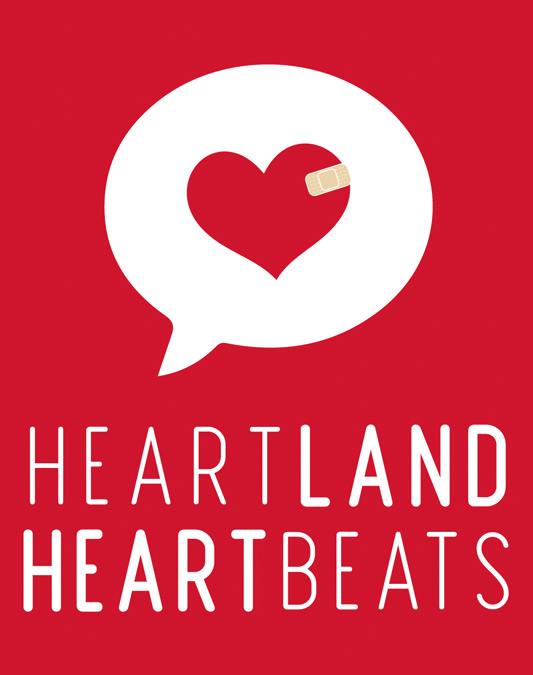
News +
Updates

Familial Support
in recovery

“Connection: The energy that is created between people when they feel seen, heard, and valued. When they can give and receive without judgement.”
-Brene Brown
How do you connect with and support your family member or loved one on their recovery journey?
Increased optimism leads to better and more consistent days with less stress in your life. Gratitude also has
“A family that supports one another is a family that thrives.”
There are so many ways in which you can practice gratitude in your daily life. Simply keeping a gratitude journal is one way. Write down 3-5 things you are grateful for everyday. Focus on what is important in your life, and make sure you share your appreciation for those things. Do things for others.
Open the door for someone, pay for the person’s coffee behind you in the drive-thru, or simply thank someone for their service. Be kind to those around you and to yourself. Be patient with people, and remember, it takes practice! Daily practice will give you better results.

10 Tips for Supporting Your Loved One
- Encourage their attendance at mental health/doctor appointments
- Encourage their consistent attendance at support groups such as AA, NA, SMART Recovery, Celebrate Recovery, etc.
- Uphold boundaries and have clear lines of communication.
- Attend family therapy if necessary to focus on rebuilding trust.
- Learn about addiction, recovery, and available resources. Be open to learning new things!
- Find new and fun sober activities to participate in together.
- Practice patience with you family member.
- Create a safe home environment.
- Focus on reducing stress in the home.
- Get help for yourself if you are struggling (individual therapy, Alanon, the Elephant Group, etc.).

“When all the dust is settled and all the crowds are gone, the things that matter are faith, family, and friends.”
-Barbara Bush
10 Tips for Supporting Your Loved One
- Person with Substance Use Disorder: This is the family member who is struggling with addiction. This person may find themselves in a constant state of disarray. This person may continue to use substances despite negative consequences, neglect responsibilities at work, home, or school, experience cravings for the substance, develop tolerance, and/or experience withdrawal symptoms undenounced to them.
- The Caretaker: The caretaker is often attempting to protect the family member experiencing substance use disorder. This person often takes on the impact of the negative consequences of substance use instead of letting their loved one to experience the impacts of their use themselves. This person may also neglect their own needs to care for their loved one dealing with substance use disorder, as well.
- The Hero: The hero is commonly taken on by the oldest child within the family unit. Similarly, to the caretaker, this person often strives to take care of the individual struggling with substance use disorder and has a sense of responsibility for their actions. The family often relies on this person, which can make the “hero” overwhelmed.
- The Scapegoat: When addiction is affecting a family system, the scapegoat is often someone who distracts everyone’s attention away from the family member who is experiencing substance use disorder. The “scapegoat” is someone who may likely participate in substance use themselves which increases their risk for personal and professional problems.
- The Mascot: The “mascot” is someone who attempts to use humor or charm to distract and avoid further distress within the family. Sometimes this coping mechanism creates complications in their adulthood, and they may struggle to form healthy relationships.
- The Lost Child: The “lost child” is someone who often doesn’t get their needs met or their achievements recognized by members of their family. This person may isolate themselves and experience loneliness or sadness.
That’s it for this month, friends! We hope you learned some valuable information about family roles and how to best support your loved one on their recovery journey. We hope you hold your loved ones a little closer, but don’t forget to take care of yourself, too! We are so happy that you all are apart of the Heartland Family!
With purpose and passion,

